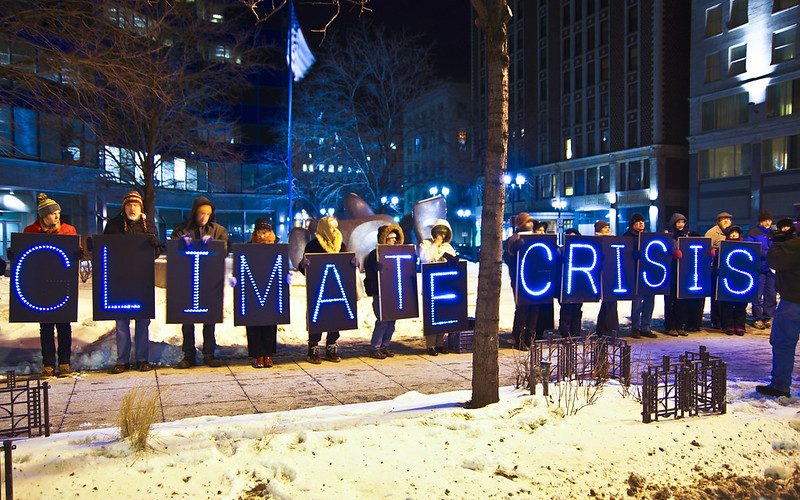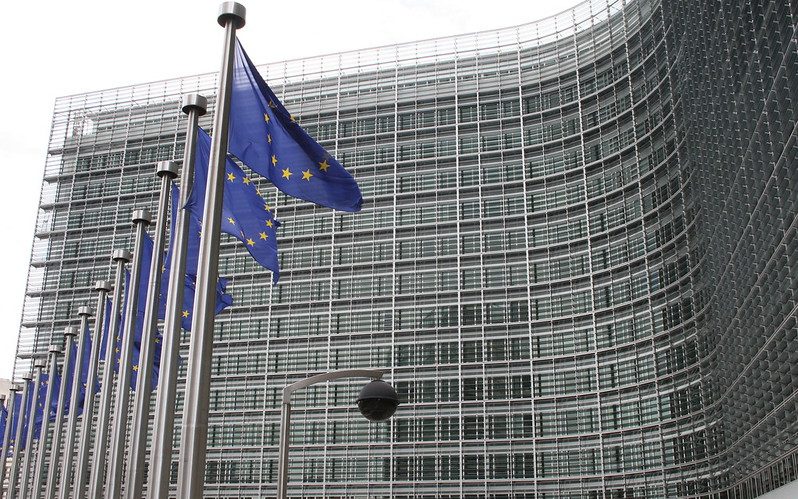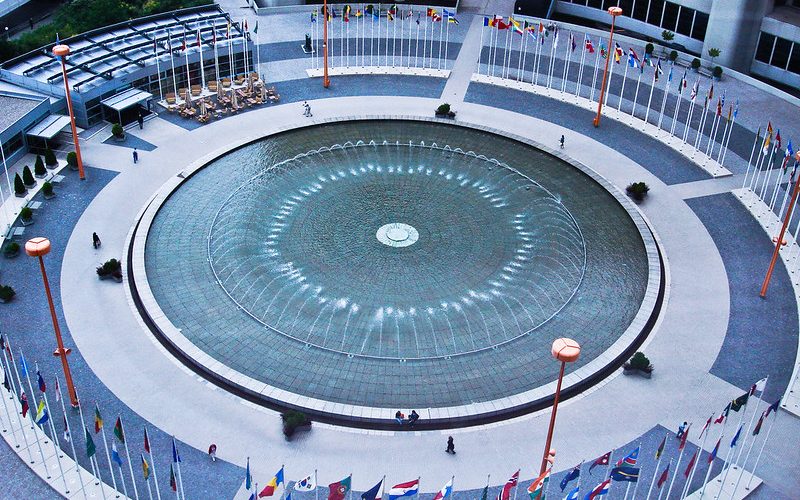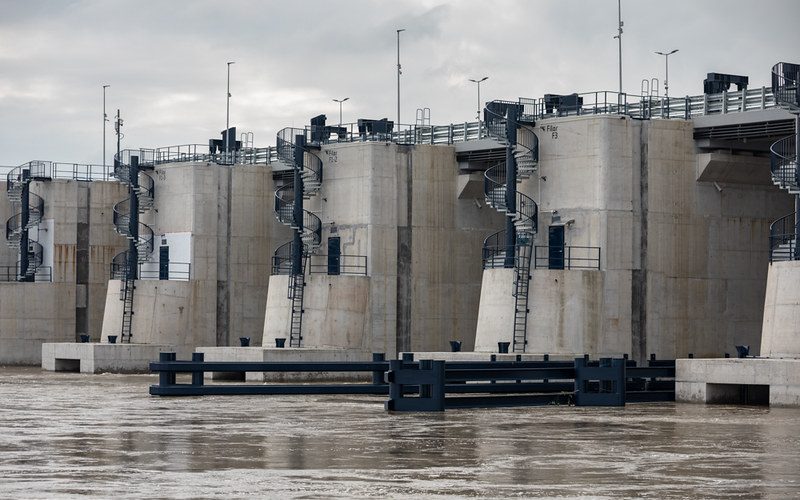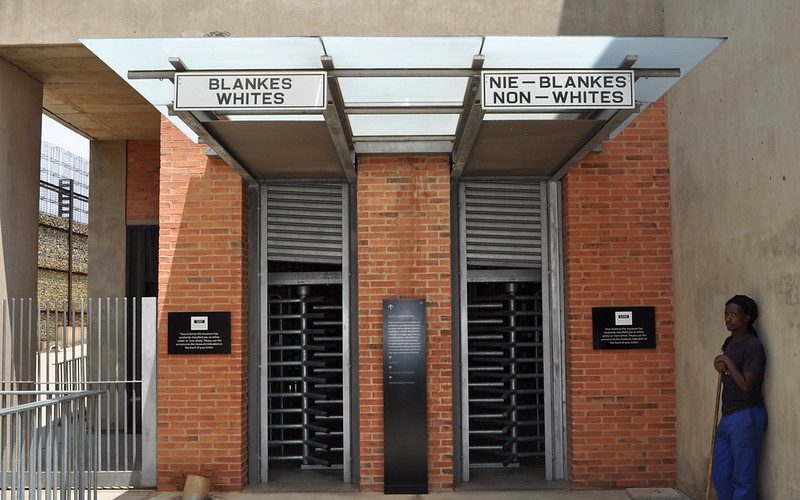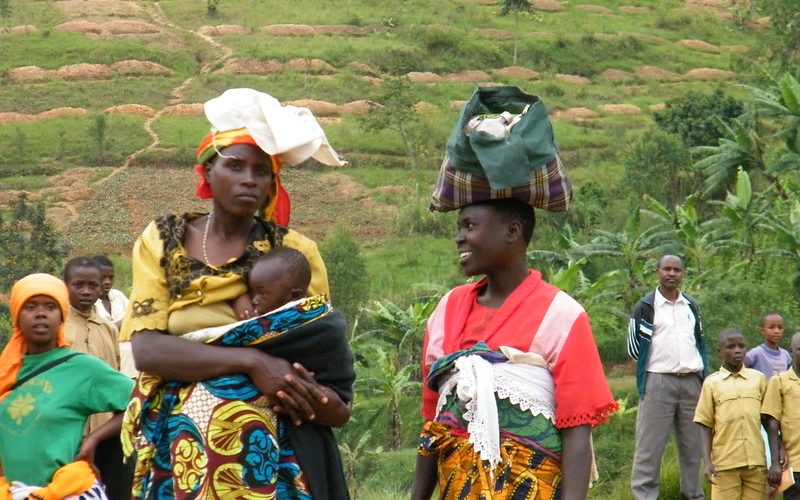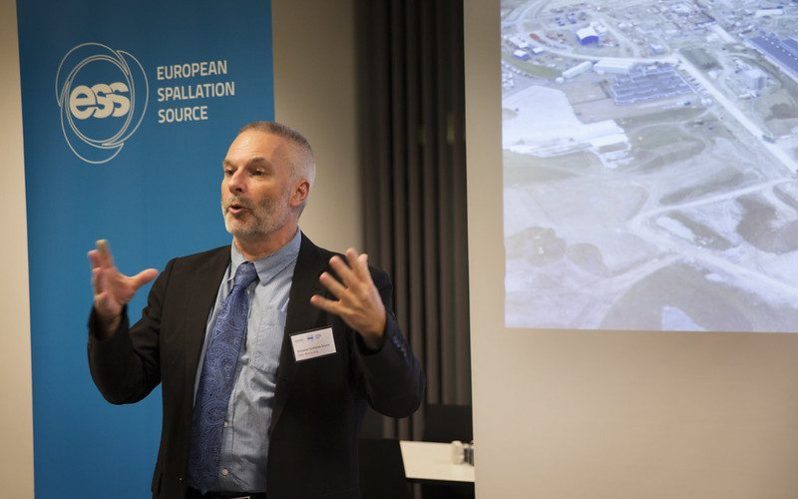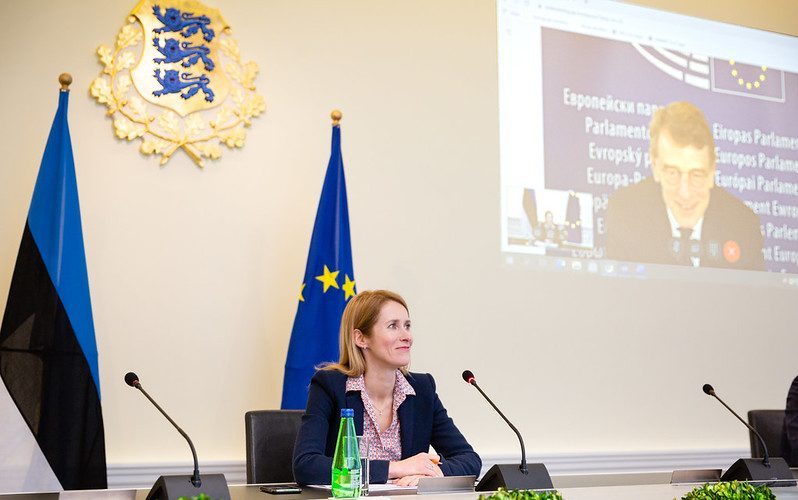
The new Europeanist surge in Estonia
Estonia is the first country in the world that appointed a female president and a female prime minister. Since the previous PM Juri Ratas from the Centre Party (Eesti Keskerakond) resigned after a corruption scandal, Estonian President Kersti Kaljulaid (Independent) appointed Kaja Kallas from the Reform party (Reformierakond) as the first female to be PM in Estonia. So, what can we expect from the new coalition government that was formed in January?


